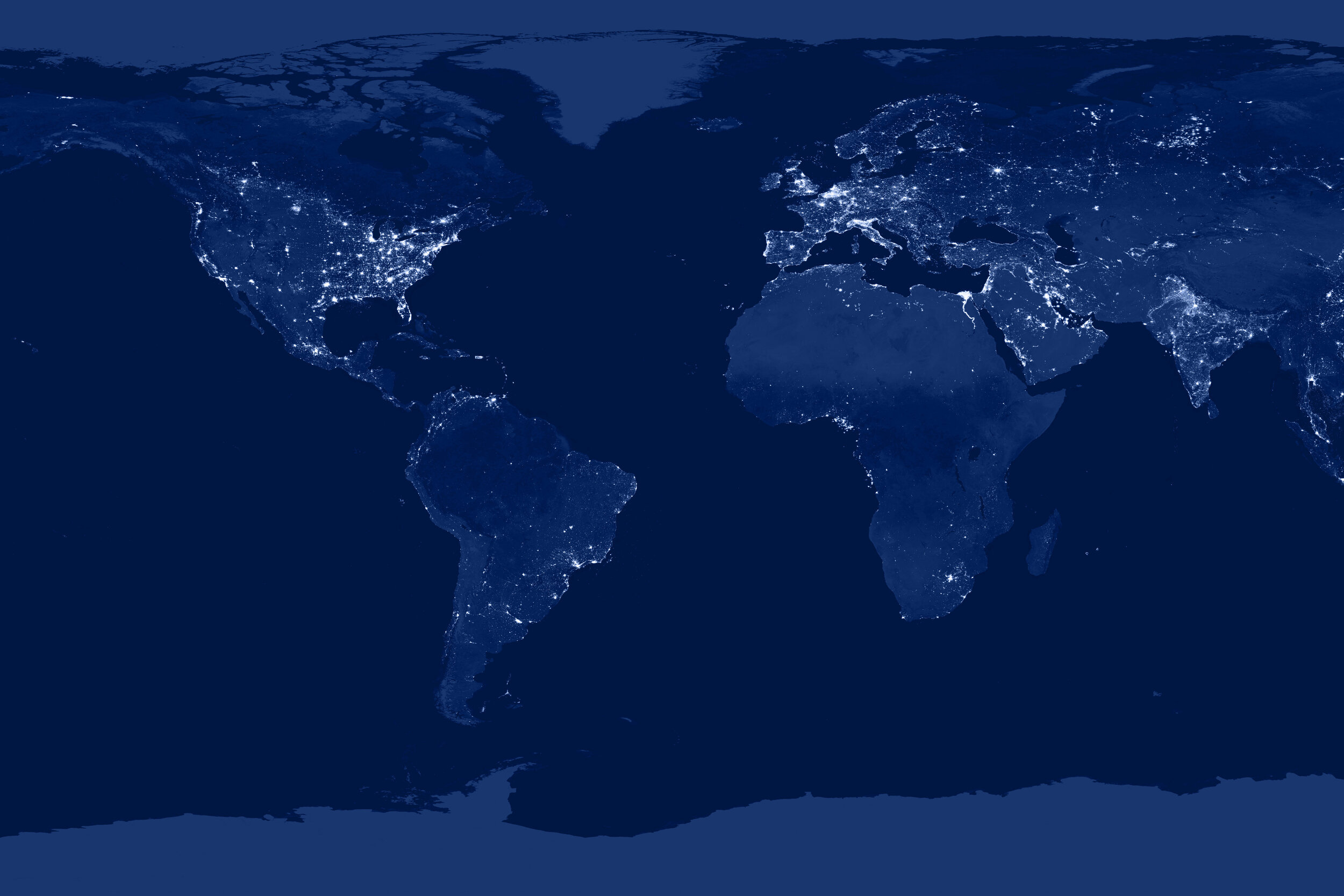
FAQs for Educators
If you have more questions apart from those concerns below, feel free to contact us at adion@mtroyal.ca or ask your questions in the LinkedIn group.
About Registration
-
Funding for Map the System can come from various sources, both internal and external. The best place to start internally is by asking your program's dean if any funding is available. External sources of funding can be sponsorships or grants.
-
Map the System Canada provides support throughout the competition cycle, including guides, resources, one-on-one educator support, handling student registration and submission deadlines, networking educators across Canada, creating relevant student webinars for MTS, and providing one-on-one support for MTS students at your institution.
-
Educators can integrate Map the System into a course in a number of different ways. It can be a course on a specific complex challenge, a complete systems mapping course, or anything in between. The course can have the deliverable of the students submitting to Map the System, or they can do one competent part of it and do the rest independently if they would like to compete. Additionally, you can provide students with templates and worksheets in in-class activities. Visit some resources we collected i.e. guides and templates that could be useful for you.
-
There are slides, social media and email templates available to help all institutions recruit students. Students are encouraged to have an information session to ask questions and learn about Map the System. The two areas that students often struggle with are finding team members and figuring out a topic both of these can be addressed at a mixer event with get-to-know-you activities and brainstorming of topics. If your institution has participated before it is great to ask MTS alumni to come and speak to students as they can highlight their experience with the competition and also become mentors for future teams. Additionally, if you would like Ashley, Map the System Canada Program Lead, to come and virtual visit a classroom to talk about Map the System you can email her to arrange a time adion@mtroyal.ca
-
Students can access a wealth of resources by visiting https://www.mapthesystem.ca/resources. These include guidebooks, materials such as videos, webinars, and guides related to systems thinking, and workshops designed to assist them in selecting topics and conducting research.
-
Submissions for the Map the System competition are evaluated based on the application of a systems-thinking approach. This assessment includes the use of relevant tools and concepts to research, map, and understand the system, ensuring a holistic view of the complex challenge being addressed. Read the submission guidelines for more details https://www.mapthesystem.ca/submission-guidelines.
-
The promotion of the campus final can effectively be carried out through a multi-channel approach, utilizing social media (e.g., Facebook, Instagram, etc.) and campus media outlets like student newspapers and radio stations. Educators are provided with visual and poster templates to promote at their campuses. Educators can also partner with student organizations and local organizations and to motivate students to share their experiences using dedicated hashtags to expand the event's visibility. Ensure to tag us and we still share your event.
About Banff Systems Summit
-
The Summit is another opportunity which the Institute for Community Prosperity and ATCO are hosting to develop systems thinking experiences for the community and professionals apart from Map the System Canada. The first Summit occurred right after the Map the System Canadian Final 2024 where institutions had the option to go to the Summit or not. However, we realize given the shared focus on systems thinking, the Summit's interactive workshops and engaging sessions make it an ideal venue for these presentations and networking. Banff Systems Summit is happening again in the spring of 2025, and we're excited to feature the Canadian Campus Finalists in Banff. Therefore, the Summit will be a venue where student finalists can compete for national awards, while also allowing you and your students to engage with a diverse range of professionals and educators in systems thinking.
About the Finals
-
Submissions for the Map the System competition are evaluated based on the application of a systems-thinking approach. This assessment includes the use of relevant tools and concepts to research, map, and understand the system, ensuring a holistic view of the complex challenge being addressed. Read the submission guidelines for more details https://www.mapthesystem.ca/submission-guidelines.
-
This year, there is no formal competition. Instead, students will be able to submit their work for one of three travel grants to Globals at the University of Oxford. These awards will be presented at the Banff Systems Summit. Students and educators can either fly into the Calagry airport and take a bus to Banff or drive directly to Banff. Please note there is a fee to get into the National Park, which is $11 per day.
-
The Global final with be happening at the University of Oxford from July 3-6, 2025. All institutions who are attending need to arrange their flights, accommodations, and ground transportation to Oxford. Canadian citizens do not need a travel visa to enter the United Kingdom, but if someone on your team is from another country, please check to see if they need a visa and how long it takes to be granted a visa https://www.gov.uk/check-uk-visa.
